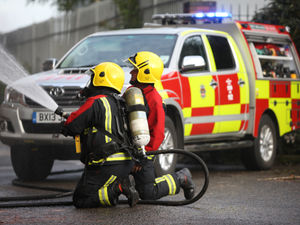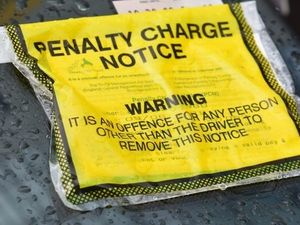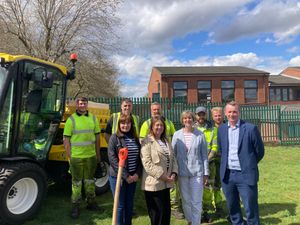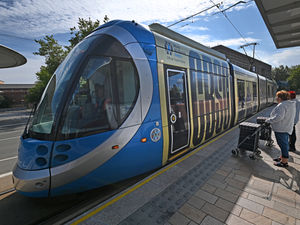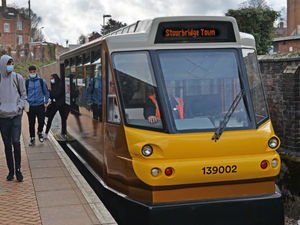New cash to improve West Midlands bus travel as troubled trams given £2.7 million
New bus routes are set to open across the West Midlands and fare reductions are on the way after £87.9 million was earmarked to improve services.
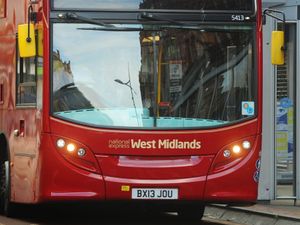
The Government cash will kick start a host of schemes aimed at improving bus travel, which could see more frequent services on popular routes and some brand new services.
Meanwhile the region's floundering Metro – which is currently suspended for the third time in nine months – has been awarded £2.7m to make up for revenue shortfalls due to Covid. No trams have been running for the last two weeks after cracks were again found in some of the trams.
Transport bosses are now planning to cut fares and boost security on buses, with more CCTV and police officers, while a new scheme will see better cooperation between operators in a bid to avoid duplicate services.
Bus services are still struggling to return to pre-pandemic levels, with transport bosses revealing that more people than ever are using cars.
It comes as the West Midlands Combined Authority (WMCA) confirmed its £1.3 billion transport investment programme had been given the green light by ministers.

This will see work start on four key projects, including £24m for 10 electric vehicle charging stations across the region and £43m to extend the West Midlands Metro depot at Wednesbury.
A total of £17m will be spent on replacing the Metro power supply on the existing Wolverhampton to Birmingham line, and £56m has been allocated for the delivery of phase two of the Sprint bus priority corridor between Solihull and Walsall.
The £87.9m for the bus services improvement plan is subject to WMCA projects being agreed by the Department for Transport. The region is one of 31 areas across England to get cash in this round of funding.
Anne Shaw, executive director of Transport for West Midlands, said: "This is the largest single investment in our transport infrastructure and will deliver a wide range of projects across our region including bus priority routes, railway stations, safe cycle routes and electric vehicle charging facilities.
"We have, with our local authority partners and backed by Government, developed an investment programme which will support our targets of delivering a green transport revolution, to better connect our communities and support new jobs and housing."
Last week the region was given £30m for 124 hydrogen buses, meaning it will have the largest such fleet in the UK.

